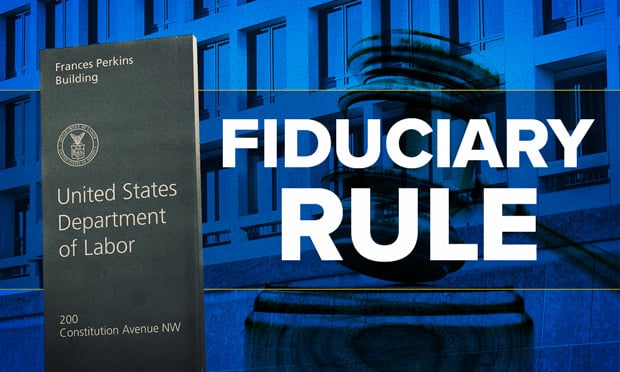It’s a classic line. The thug sneaks up behind his victim,gently presses a blunt object against the back of his target, andwhispers those immortal words, “Your money or your life.”
|Think about that phrase for a moment. It succinctly presents theomnipresent dichotomy we all face. “Shall I save a few pennies here at the cost of someinconvenience there?” – or – “Should a pay a little more today fora more pleasant experience tomorrow?”
|One of the last items on the “7 Point Pre-Retirement Checklist”(see “The #1 Retirement Saving Goal for People in Their60s and the Most Useful Strategy to Get There,”FiduciaryNews.com, May 31, 2017) states “Remember, there’smore to retirement (and life) than money.” Too often those in thefinancial services industry forget this. It’sunderstandable. One’s fiduciary duty generally revolves around money,either the safekeeping of it, the management of it, or the transferof it. Each of those duties entails significant professional risk.No one expects clairvoyant perfection, but if you make a carelessmistake with someone else’s money, your personal liability for thataction soars.
|And that will cost you money.
|Contrast that to failing to remind your clients to spend timewith their grandchildren. You probably won’t get in much troublefor that, but what has greater meaning to the client: missing a bagof cash or missing a grandchild’s college graduation? The formerrepresents an awful pain in many ways, but a pain one cannonetheless easily remedy. The latter represents aonce-in-a-lifetime event that can never be duplicated. The formermay expose a fiduciary breach. The latter, well, about all you cansay is “better luck next time.”
|Now, what I am about to say does not in any way diminish theimportance of caring for someone else’s money. That’s an importantrole every fiduciary must play and, in fact, the reason why trustlaw and fiduciary conduct first emerged in ancient society. Whilewe cannot ignore the money aspect, we must nonetheless recognizethe importance of certain non-monetary aspects far exceeds that ofmoney.
||I learned this a long time ago as a trust officer. Grantorswould set aside a pile of money for their beneficiaries. The trustdocument themselves did specify what the trust money could be usedfor. What I quickly discovered was the true intention of thegrantor went well beyond the confines of that written document.
|Grantors create trusts not to stockpile the money, but to ensureit’s used to provide the beneficiaries with a lifestyle the grantorwishes. It’s like what Dolly Levi (of Hello, Dolly! fame)quoted her deceased husband Ephraim saying: “Money, pardon theexpression, is like manure. It’s not worth a thing unless it’sspread around, encouraging young things to grow.”
|So, it’s not about how much money you’ll need in retirement,it’s about what you plan to do with your life – both before andafter retirement.
|You may find, if you ask retirement savers who aren’t saving“enough,” they might just tell you, “If it’s a choice between mymoney or my life, I choose my life.”
Complete your profile to continue reading and get FREE access to BenefitsPRO, part of your ALM digital membership.
Your access to unlimited BenefitsPRO content isn’t changing.
Once you are an ALM digital member, you’ll receive:
- Critical BenefitsPRO information including cutting edge post-reform success strategies, access to educational webcasts and videos, resources from industry leaders, and informative Newsletters.
- Exclusive discounts on ALM, BenefitsPRO magazine and BenefitsPRO.com events
- Access to other award-winning ALM websites including ThinkAdvisor.com and Law.com
Already have an account? Sign In
© 2024 ALM Global, LLC, All Rights Reserved. Request academic re-use from www.copyright.com. All other uses, submit a request to [email protected]. For more information visit Asset & Logo Licensing.








